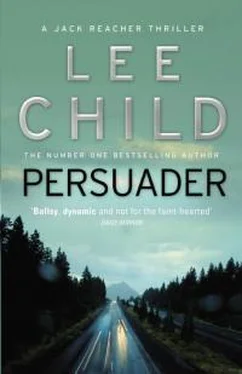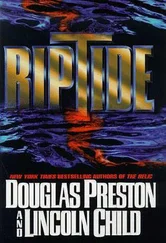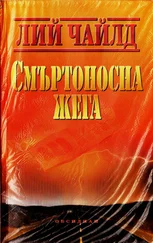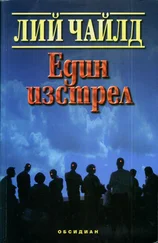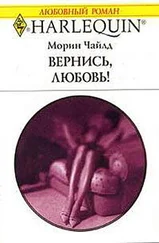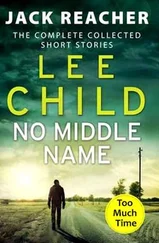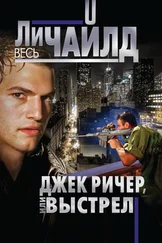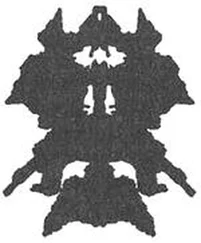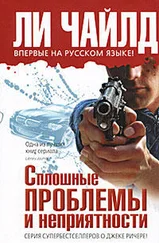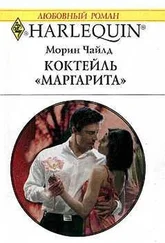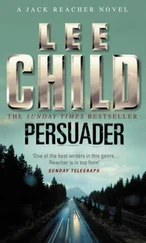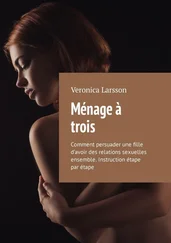Eliot hurried away and Duffy came up to me.
“You’ll need these,” she said. She had a coat and a pair of gloves for me. “You’ll look more realistic if you’re wearing them. It’ll be cold. And the coat will hide the gun.”
I took them from her and tried on the coat. It fit pretty well. She was clearly a good judge of sizes.
“The psychology will be tricky,” she said. “You’re going to have to be flexible. The kid might be catatonic. You might need to coax some reaction out of him. But ideally he’ll be awake and talking. In which case I think you need to show a little reluctance about getting yourself more and more involved. Ideally you need to let him talk you into driving him all the way home. But at the same time you need to be dominant. You need to keep events moving along so he doesn’t have time to dwell on exactly what he’s seeing.”
“OK,” I said. “In which case I’m going to change my ammunition requisition. I’m going to make the second bullet in the second gun a real one. I’ll tell him to get down on the floor and then I’ll blow out the window behind him. He’ll think it was the college cops shooting at us. Then I’ll tell him to get up again. It’ll increase his sense of danger and it’ll get him used to doing what I tell him and it’ll make him a little happier to watch the college cops get it in the neck. Because I don’t want him fighting me, trying to stop me. I might wreck the van and kill both of us.”
“In fact you need to bond with him,” she said. “He needs to speak well of you, later. Because I agree, getting hired on up there would hit the jackpot. It would give you access. So try to impress the kid. But keep it very subtle. You don’t need him to like you. You just need to make him think you’re a tough guy who knows what he’s doing.”
I went to find Eliot and then the two guys playing the college cops came to find me. We arranged that they would fire blanks at me first, then I would fire one blank at them, then I would shoot out the van’s rear window, and then I would fire another blank, and finally I would fire my last three blanks in a spaced group. On the final shot they would blow out their own windshield with a real bullet from one of their own guns and then they would go sliding off the road like they had lost a tire or been hit.
“Don’t get confused which load is which,” one of them said.
“You either,” I said back.
We had more pizza for lunch and then went out to cruise the target area. We parked a mile short and went over a couple of maps. Then we risked three separate passes in two cars right past the college gate. I would have preferred more time to study but we were worried about being conspicuous. We drove back to the motel in silence and regrouped in Eliot’s room.
“Looks OK,” I said. “Which way will they turn?”
“ Maine is north of here,” Duffy said. “We can assume he lives somewhere near Portland.”
I nodded. “But I think they’ll go south. Look at the maps. You get to the highway faster that way. And standard security doctrine is to get on wide busy roads as soon as possible.”
“It’s a gamble.”
“They’ll go south,” I said.
“Anything else?” Eliot asked.
“I’d be nuts to stick with the van,” I said. “Old man Beck will figure if I was doing this for real I’d ditch it and steal a car.”
“Where?” Duffy asked.
“The map shows a mall next to the highway.”
“OK, we’ll stash one there.”
“Spare keys under the bumper?” Eliot asked.
Duffy shook her head. “Too phony. We need this whole thing to be absolutely convincing. He’ll have to steal it for real.”
“I don’t know how,” I said. “I’ve never stolen a car.”
The room went quiet.
“All I know is what I learned in the army,” I said. “Military vehicles are never locked. And they don’t have ignition keys. They start off a button.”
“OK,” Eliot said. “No problem is insuperable. We’ll leave it unlocked. But you’ll act like it is locked. You’ll pretend to jimmy the door. We’ll leave a load of wire and a bunch of coat hangers nearby. Maybe you could ask the kid to find something for you. Make him feel involved. It’ll help the illusion. Then you screw around with it and, hey, the door pops open. We’ll loosen the shroud on the steering column. We’ll strip the right wires and only the right wires. You find them and touch them together and you’re an instant bad guy.”
“Brilliant,” Duffy said.
Eliot smiled. “I do my best.”
“Let’s take a break,” Duffy said. “Start again after dinner.”
The final pieces fell into place after dinner. Two of the guys got back with the last of the equipment. They had a matched pair of Colt Anacondas for me. They were big brutal weapons. They looked expensive. I didn’t ask where they got them from. They came with a box of real .44 Magnums and a box of .44 blanks. The blanks came from a hardware store. They were designed for a heavy-duty nail gun. The sort of thing that punches nails straight into concrete. I opened each Anaconda cylinder and scratched an X against one of the chambers with the tip of a nail scissor. A Colt revolver’s cylinder steps around clockwise, which is different from a Smith amp; Wesson, which rotates counterclockwise. The X would represent the first chamber to be fired. I would line it up at the ten o’clock position where I could see it and it would step around and fall under the hammer with the first pull of the trigger.
Duffy brought me a pair of shoes. They were my size. The right one had a cavity carved into the heel. She gave me a wireless e-mail device that fit snugly into the space.
“That’s why I’m glad you’ve got big feet,” she said. “Made it easier to fit.”
“Is it reliable?”
“It better be. It’s new government issue. All departments are doing their concealed communications with it now.”
“Great,” I said. In my career more foul-ups had been caused by faulty technology than any other single cause.
“It’s the best we can do,” she said. “They’d find anything else. They’re bound to search you. And the theory is if they’re scanning for radio transmissions all they’ll hear is a brief burst of modem screech. They’ll probably think it’s static.”
They had three blood effects from a New York theatrical costumier. They were big and bulky. Each was a foot-wide square of Kevlar that was to be taped to the victim’s chest. They had rubber gore reservoirs and radio receivers and firing charges and batteries.
“Wear loose shirts, guys,” Eliot said.
The radio triggers were separate buttons I would have to tape to my right forearm. They were wired to batteries I would have to carry in my inside pocket. The buttons were big enough to feel through my coat and my jacket and my shirt, and I figured I would look OK supporting the Colt’s weight with my left hand. We rehearsed the sequence. First, the pickup driver. That button would be nearest my wrist. I would trigger it with my index finger. Second, the pickup passenger. That button would be in the middle. Middle finger. Third, the old guy playing the cop. That button would be nearest my elbow, ring finger.
“You’ll have to lose them afterward,” Eliot said. “They’ll search you for sure at Beck’s house. You’ll have to stop at a men’s room or something and get rid of them.”
We rehearsed endlessly in the motel lot. We laid out the road in miniature. By midnight we were as solid as we were ever going to get. We figured we would need all of eight seconds, beginning to end.
“You have the critical decision,” Duffy said to me. “It’s your call. If there’s anything wrong when the Toyota is coming at you, anything at all, then you abort and you watch it go on by. We’ll clean it up somehow. But you’ll be firing three live rounds in a public place and I don’t want any stray pedestrians getting hit, or cyclists, or joggers. You’ll have less than a second to decide.”
Читать дальше
